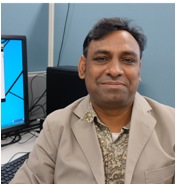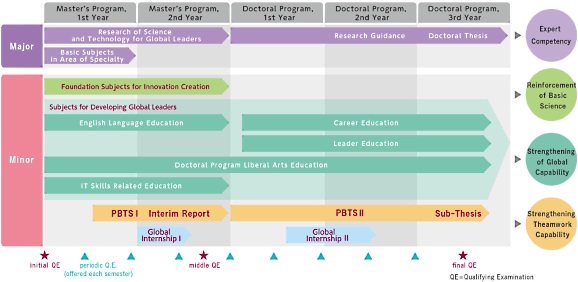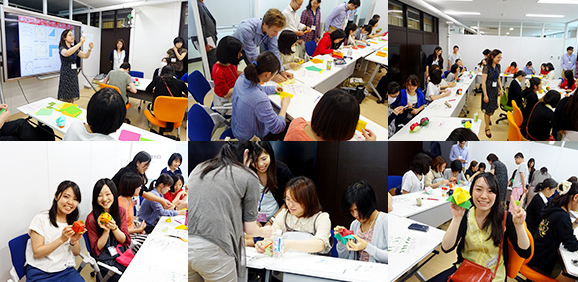Class List of Fall Semester 2019
“Essential Computer Science for Global LeadersⅡ” will begin on October 7. This is a class for students in “Minor Course of Science and Technology for Global Leaders”. But all master’s & doctoral students can take it if you have interest. The class will be conducted in English.
Theme & Objective
 Steady increase of the deployment of computer systems in many real world applications made computer science and engineering an inevitable discipline in the current epoch of human history. Along with electronics, it drives the information revolution following industrial and agricultural revolutions. Future progress and the ultimate shape of this planet will largely depend on how the next generation global leaders are going to be equipped with essential knowledge on computer science and engineering. In this course, light will be shed on some advanced topics involving information security, artificial intelligence, the design and control of electronic devices for some real world applications.
Steady increase of the deployment of computer systems in many real world applications made computer science and engineering an inevitable discipline in the current epoch of human history. Along with electronics, it drives the information revolution following industrial and agricultural revolutions. Future progress and the ultimate shape of this planet will largely depend on how the next generation global leaders are going to be equipped with essential knowledge on computer science and engineering. In this course, light will be shed on some advanced topics involving information security, artificial intelligence, the design and control of electronic devices for some real world applications.
Message to Students
Lecture will be delivered in both Japanese and English. Simple English will be used. Inquiries can be sent to Md. Khayrul Bashar at
Email : basha.md.khayrul@ocha.ac.jp
Tel : 03-5978-2557 ;
Office : Science Building – 3 (Room : in front of Elevator Door at 3rd Floor)
N.B. Contents or the extent of the topics may be refined subject to necessity
Lecture Outline
| Subject |
|---|
| Essential Computer Science for Global LeadersⅡ [19S1011] |
| Number of Credits |
| 2.0 |
| Instructor |
| BASHAR, Md Khayrul (Project Associate Professor of Ochanomizu University) |
| Target Audience |
| Graduate Students |
| Location |
| Graduate School of Humanities & Sciences Building R408 |
| Date & Time |
| Monday*, Period 3-4 (10:40-12:10) *except for January 16 (Thu) Year 2019 October 7, 21, 28 November 4, 11, 18, 25 December 2, 9, 16, 23 Year 2020 January 6, 16, 20, 27 |
| Lecture Plan |
|
(a) Data Explorations (Four (4) classes)
(b) Machine learning and applications (Six (6) classes)
(c) Internet-Of-Things (IoT) (Five (5) classes)
|
| Out-of-class Learning |
| Having general idea before each lecture may be useful. |
| Textbook/Reference |
|
Registration
Registration Period: Tue., October 1 through Mon., October 14
If you cannot register during above period, please contact Academic Affairs Office in Student Affairs Building.
*For undergraduate students, please contact Leading Graduate School Promotion Center.
Contact
Ochanomizu University Leading Graduate School Promotion Center
Tel: 03-5978-5775
E-mail:





